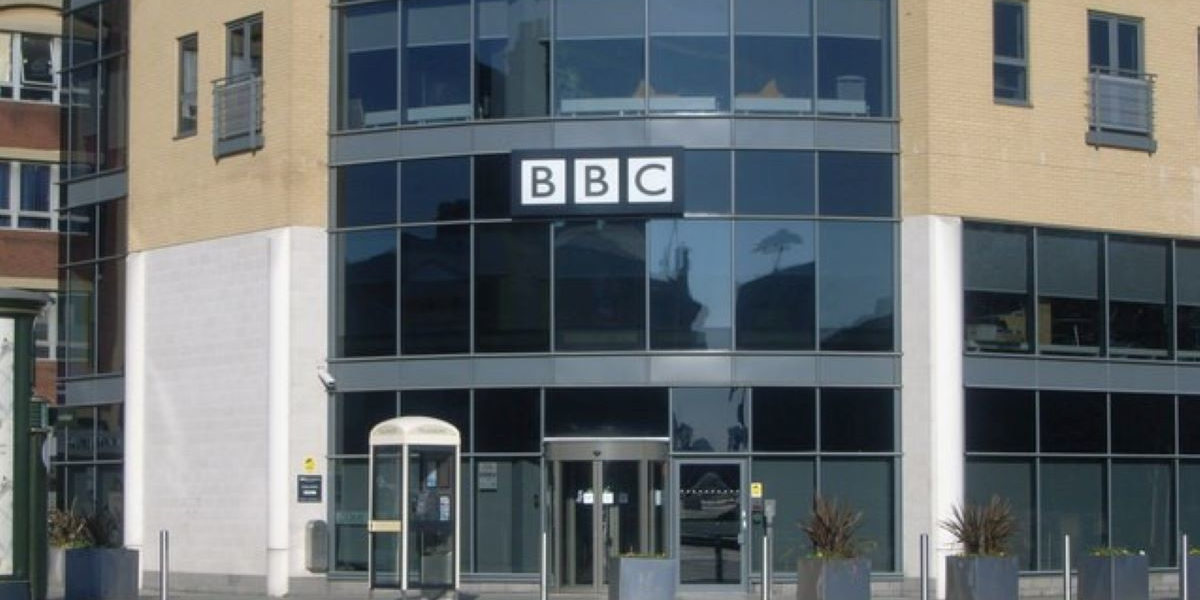Over the past month, the UK has seen revelations of sexual assault and rape culture in both the Confederation of British Industry and the Metropolitan police. The former Deputy Prime Minister, like the former Home Secretary before him, has been accused of bullying, intimidation and ‘abuse or misuse of power’. And both major parties have striven to reanimate reactionary social currents of racism and xenophobia.
In this atmosphere, you might expect the country’s commentariat and public intellectuals to turn their attention to some of these institutional outrages. Instead, they’ve been engaged in pursuing an ongoing war on the cultural front. The latest shot fired is Matthew Goodwin’s new book on the construction of a ‘new elite’ among the UK’s media and cultural institutions, allegedly imposing a tyranny of ‘socially liberal values, tastes, political priorities, and interests’ upon the majority.
This new elite apparently has no connection with the UK’s old but highly persistent elite of public-schooled aristocrats – still overwhelmingly represented in the current government. What defines the ‘new elite’ is their progressive politics and their metropolitan and middle-class backgrounds. Rather than material or financial advantage or accident of birth – or both – their alleged power stems from their cultural status as tastemakers, able to shape ‘the national conversation’ through BBC documentaries or broadsheet columns.
The defining facets of the higher ranks of media and cultural industries are – still – whiteness, middle or higher class status, and nepotistic connections
Claims like Goodwin’s might seem self-evidently absurd, but they are made in the context of a broader effort to associate progressive politics with an implicitly unrepresentative ‘elite’, presented as smugly out-of-touch at best, and sinister at worst. They strike the same chord as Suella Braverman’s railing against a ‘Guardian-reading, tofu-eating wokerati’, Rishi Sunak’s assertion that only ‘lefty lawyers’ opposed the government’s Illegal Migration Bill, or Liz Truss’s invocation of an ‘anti-growth coalition’ which conflated trade unions, environmentalists and opponents of Brexit, as well as an apparent ‘left-wing economic establishment’.
Phantom progressive enemies
However unmoored from reality they sound, these sweeping dismissals aim at the construction of a phantom progressive enemy, characterised as educated, urban and middle-class, defined by nebulous privilege, and accorded disproportionate power – even if that ‘power’ lies solely in the ability and will to express opposition to the government. The extent and breadth of the government’s unpopularity is obscured by the assertion that opposition to its regressive policies is the preserve of a narrow out-of-touch elite.
Hyperbole from Tory politicians towards institutional criticism of their policies is nothing new – Thatcher famously branded a Church of England report on inner-city poverty as ‘Marxist’ and her cabinet obsessively attacked the BBC as the ‘Bolshevik Broadcasting Corporation’. But the inheritors of this political paranoia who now attack the ‘new elite’ are, whether by accident or design, confused about how power and influence operate.
The political bias and lack of representation and diversity within cultural and media institutions has been analysed before, and often from the left. The defining facets of the higher ranks of media and cultural industries are – still – whiteness, middle or higher class status, and nepotistic connections, not the ‘progressive agenda’ alleged by Goodwin et al.
The exclusion of working-class voices from both cultural and political life, for instance, is a glaring problem, but the right’s anti-elitists have nothing to say about this. They also have no solutions to a worsening cost-of-living crisis and material disadvantages that have more of an impact on everyday life than any Guardian op-ed could.










